LG’s latest flagship looks cool, but that feeling wears off… quickly.


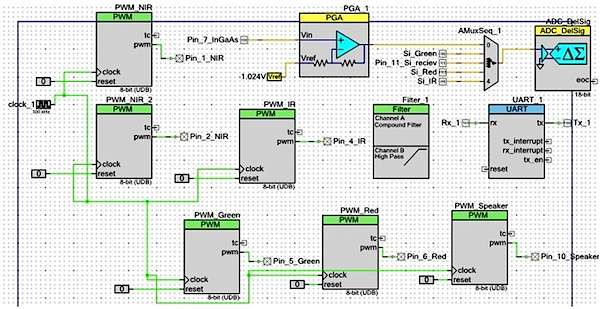

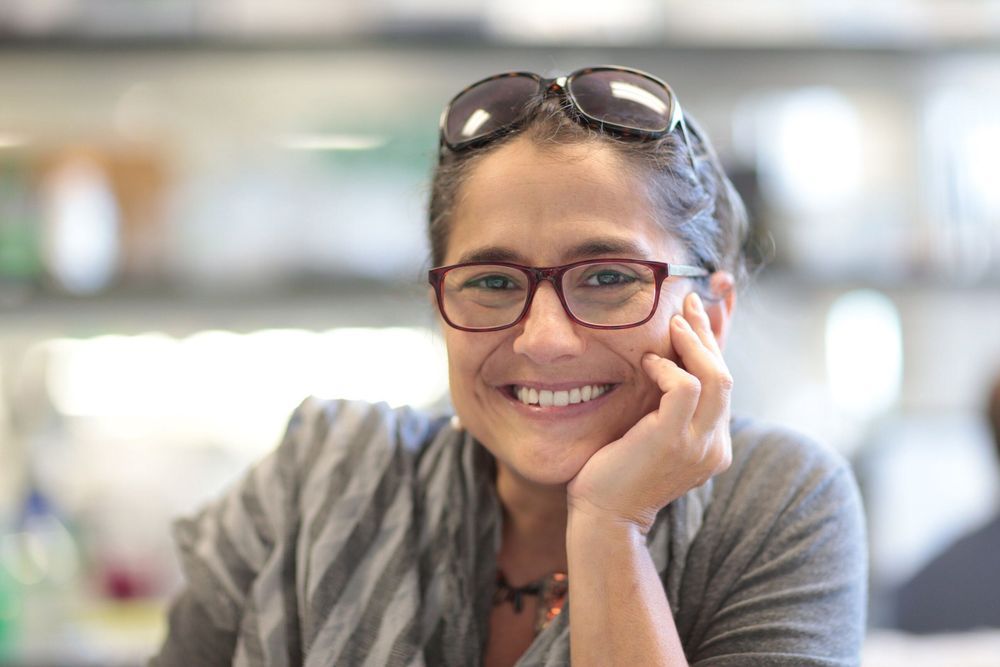
Lying within our muscles are stem cells, invisible engines that drive the tissue’s growth and repair. Understanding the signal(s) that direct muscle stem cells to spring into action could uncover new ways to promote muscle growth. However, these mechanisms are poorly understood.
Now, scientists from Sanford Burnham Prebys have uncovered a molecular signaling pathway involving Stat3 and Fam3a proteins that regulates how muscle stem cells decide whether to self-renew or differentiate—an insight that could lead to muscle-boosting therapeutics for muscular dystrophies or age-related muscle decline. The study was published in Nature Communications.
“Muscle stem cells can ‘burn out’ trying to regenerate tissue during the natural aging process or due to chronic muscle disease,” says Alessandra Sacco, Ph.D., senior author of the paper and associate professor in the Development, Aging and Regeneration Program at Sanford Burnham Prebys. “We believe we have found promising drug targets that direct muscle stem cells to ‘make the right decision’ and stimulate muscle repair, potentially helping muscle tissue regeneration and maintaining tissue function in chronic conditions such as muscular dystrophy and aging.”
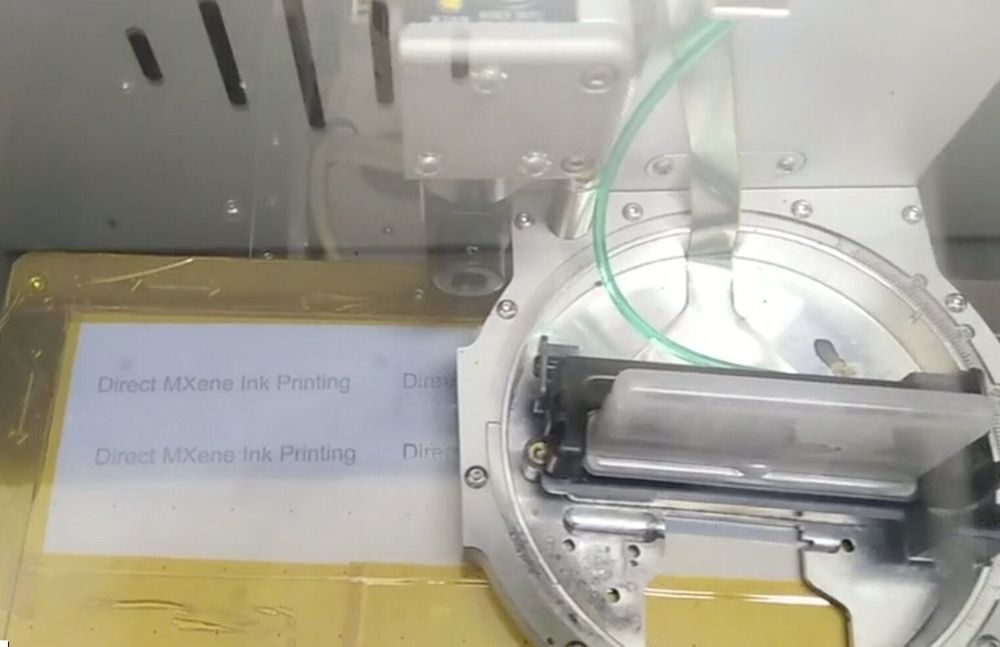
Researchers from Drexel University and Trinity College in Ireland, have created ink for an inkjet printer from a highly conductive type of two-dimensional material called MXene. Recent findings, published in Nature Communications, suggest that the ink can be used to print flexible energy storage components, such as supercapacitors, in any size or shape.
Conductive inks have been around for nearly a decade and they represent a multi-hundred million-dollar market that is expected to grow rapidly into the next decade. It’s already being used to make the radiofrequency identification tags used in highway toll transponders, circuit boards in portable electronics and it lines car windows as embedded radio antennas and to aid defrosting. But for the technology to see broader use, conductive inks need to become more conductive and more easily applied to a range of surfaces.
Yury Gogotsi, Ph.D., Distinguished University and Bach professor in Drexel’s College of Engineering, Department of Materials Science and Engineering, who studies the applications of new materials in technology, suggests that the ink created in Drexel’s Nanomaterials Institute is a significant advancement on both of these fronts.

EU researchers have developed a graphene-enabled detector for terahertz light that is faster and more sensitive than existing room-temperature technologies. This can lead to a fully digital low-cost terahertz camera system. This could be as cheap as the camera inside the smartphone, since such a detector has proven to have a very low power consumption and is fully compatible with CMOS technology.
Detecting terahertz (THz) light is extremely useful for two main reasons. Firstly, THz technology is becoming a key element in applications regarding security (such as airport scanners), wireless data communication, and quality control, to mention just a few. However, current THz detectors have shown strong limitations in terms of simultaneously meeting the requirements for sensitivity, speed, spectral range, being able to operate at room temperature.
Secondly, it is a very safe type of radiation due to its low-energy photons, with more than a hundred times less energy than that of photons in the visible light range.
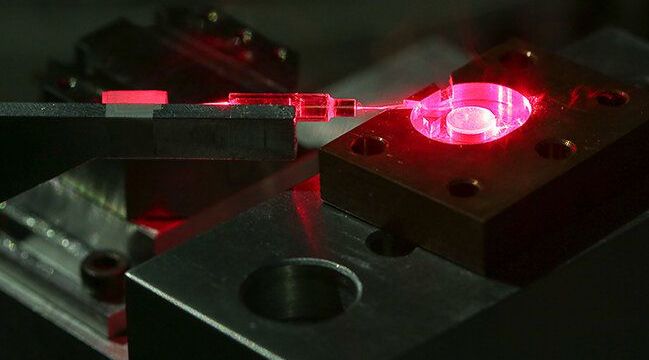
A team of University of Otago/Dodd-Walls Centre scientists have created a novel device that could enable the next generation of faster, more energy efficient internet. Their breakthrough results have been published in the world’s premiere scientific journal Nature this morning.
The internet is one of the single biggest consumers of power in the world. With data capacity expected to double every year and the physical infrastructure used to encode and process data reaching its limits, there is huge pressure to find new solutions to increase the speed and capacity of the internet.
Principal Investigator Dr. Harald Schwefel and Dr. Madhuri Kumari’s research has found an answer. They have created a device called a microresonator optical frequency comb made out of a tiny disc of crystal. The device transforms a single colour of laser light into a rainbow of 160 different frequencies – each beam totally in sync with each other and perfectly stable. One such device could replace hundreds of power-consuming lasers currently used to encode and send data around the world.
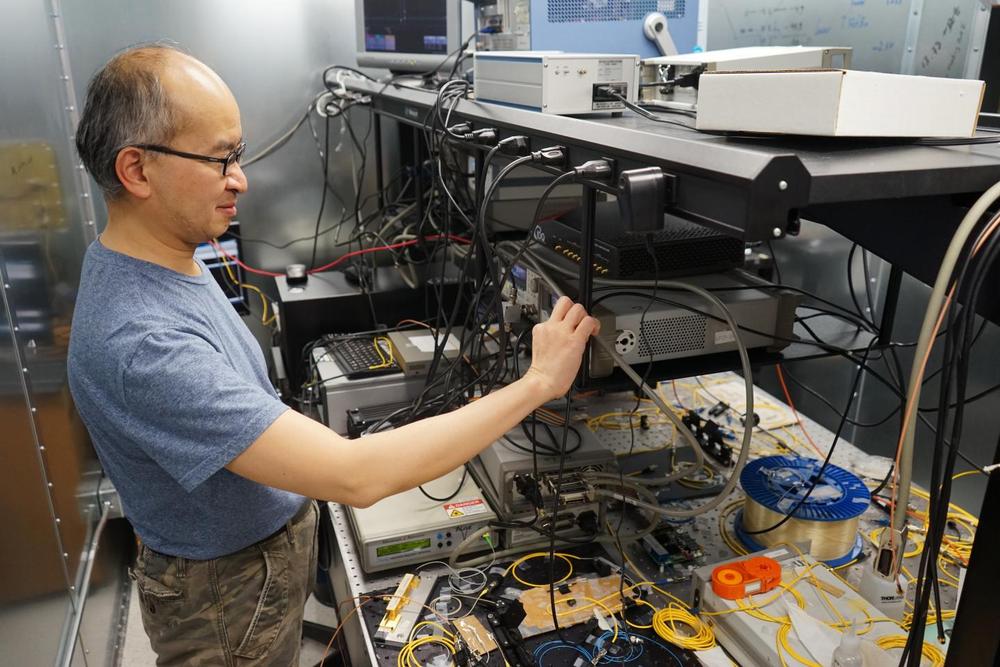
The goal of a worldwide “quantum internet” could be one step closer thanks to new experiments by researchers in Japan and Canada who have made the first ever quantum repeaters that work using an all-photonic protocol. The scheme importantly allows for the time-reversed adaptive Bell measurement, which is a key component for all-photonic quantum repeaters. It is based on optical devices alone and does not require any quantum memories or quantum error correction.
The Internet as we know it was not designed to be secure, and hacking, break-ins and espionage are unfortunately par for the course today. A quantum internet would be much more secure – as well as being much faster – since it exploits key features of quantum physics such as quantum entanglement.
Entanglement and quantum memories.
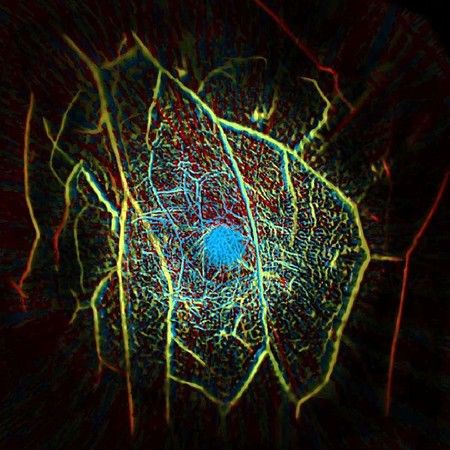
Up to 50% of women skip potentially life-saving mammograms often because the procedure can cause extreme discomfort and pain. Now researchers have developed a painless, light-based, non-radioactive, 15-second procedure that could revolutionize breast cancer screening and save lives.
Although early detection of breast cancer can significantly increase survival, the radioactive X-ray that requires painful squeezing of the breast to get a good picture is an event that women do not look forward to. Now Caltech researcher Lihong Wang, Ph.D., Bren Professor of Medical and Electrical Engineering, and his colleagues are using their expertise in imaging tissues with light and sound to address this problem. Their development of a revolutionary breast scanning system known as photoacoustic computed tomography (PACT) is reported in the June issue of Nature Communications.2
“The technique developed by Wang and his colleagues combines light and sound to peer noninvasively into tissues without the radioactivity of an X-ray,” explained Behrouz Shabestari, Ph.D., director of the Program in Optical Imaging at the National Institute of Biomedical Imaging and Bioengineering, which funded the study. “PACT is also superior to MRI, which is expensive and sometimes requires the injection of contrast agents, commonly gadolinium. Gadolinium cannot be used in individuals with kidney disease and has recently been shown to accumulate in the bones and brain with unknown long-term effects.”

Circa 2012
Blood tests convey vital medical information, but the sight of a needle often causes anxiety and results take time. A new device developed by a team of researchers in Israel, however, can reveal much the same information as traditional blood test in real-time, simply by shining a light through the skin. This optical instrument, no bigger than a breadbox, is able to provide high-resolution images of blood coursing through our veins without the need for harsh and short-lived fluorescent dyes.